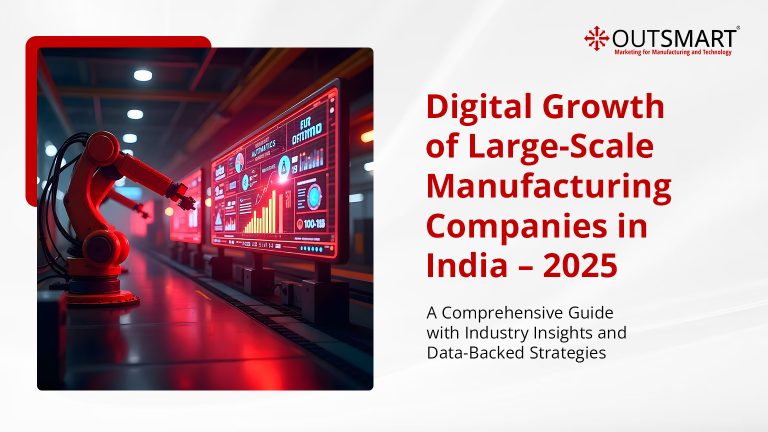Manufacturing marketing differs from marketing in other industries due to the unique characteristics, target audience, and challenges associated with the manufacturing sector. Here are some key points that highlight the distinctions.

- Technical and Specialized Audience
- Manufacturing marketing often targets a technical and specialized audience, including engineers, procurement professionals, and other industry experts. The content and messaging need to be tailored to this audience’s level of technical understanding.
- Longer Sales Cycles
- The sales cycles in manufacturing are typically longer due to the complex nature of industrial products and the involvement of multiple decision-makers in the purchasing process. Marketing strategies should account for a more extended buying journey.
- B2B Focus
- Manufacturing marketing is predominantly business-to-business (B2B). Companies often sell their products to other businesses, and the marketing strategies need to address the needs and challenges of these businesses.
- Customization and Engineering Expertise
- Manufacturers often deal with customizable and engineered products. Marketing efforts must highlight the company’s engineering expertise, customization capabilities, and how these aspects provide customer value.
- Relationship-Driven Marketing
- Building and maintaining relationships are critical in manufacturing. Establishing trust, reliability, and long-term partnerships with clients is a key focus, and marketing strategies often emphasize these relationship-driven aspects.
- Trade Shows and Events
- Participation in industry-specific trade shows, conferences, and events is a common marketing strategy in manufacturing. Face-to-face interactions play a significant role in establishing connections and showcasing products.
- Emphasis on Quality and Precision
- Manufacturing marketing often places a strong emphasis on the quality, precision, and reliability of products. Marketing materials need to communicate how a manufacturer’s offerings meet or exceed industry standards.
- Supply Chain Integration
- Manufacturers often need to integrate marketing efforts with supply chain considerations. Highlighting efficient production processes, supply chain management capabilities, and timely delivery is crucial.
- Regulatory Compliance and Certification
- Compliance with industry regulations and certifications is vital. Marketing materials may need to communicate a manufacturer’s commitment to regulatory standards and certifications relevant to their products.
- After-Sales Support and Service
- Marketing strategies in manufacturing extend beyond the point of sale. Emphasizing after-sales support, warranty information, and service offerings is important for customer satisfaction and loyalty.
- Global Market Considerations
- Many manufacturing companies operate in a global market. Marketing efforts may need to address the challenges and opportunities associated with international trade, including cultural differences, diverse regulations, and varying market demands.
- Digital Transformation and Industry 4.0
- With the advent of Industry 4.0, manufacturing marketing is increasingly incorporating digital technologies such as IoT, data analytics, and automation. Marketing strategies may need to showcase a manufacturer’s commitment to digital transformation and innovation.
Understanding these unique aspects of manufacturing marketing is crucial for developing effective campaigns that resonate with the industry’s specific audience and address its distinct challenges.







